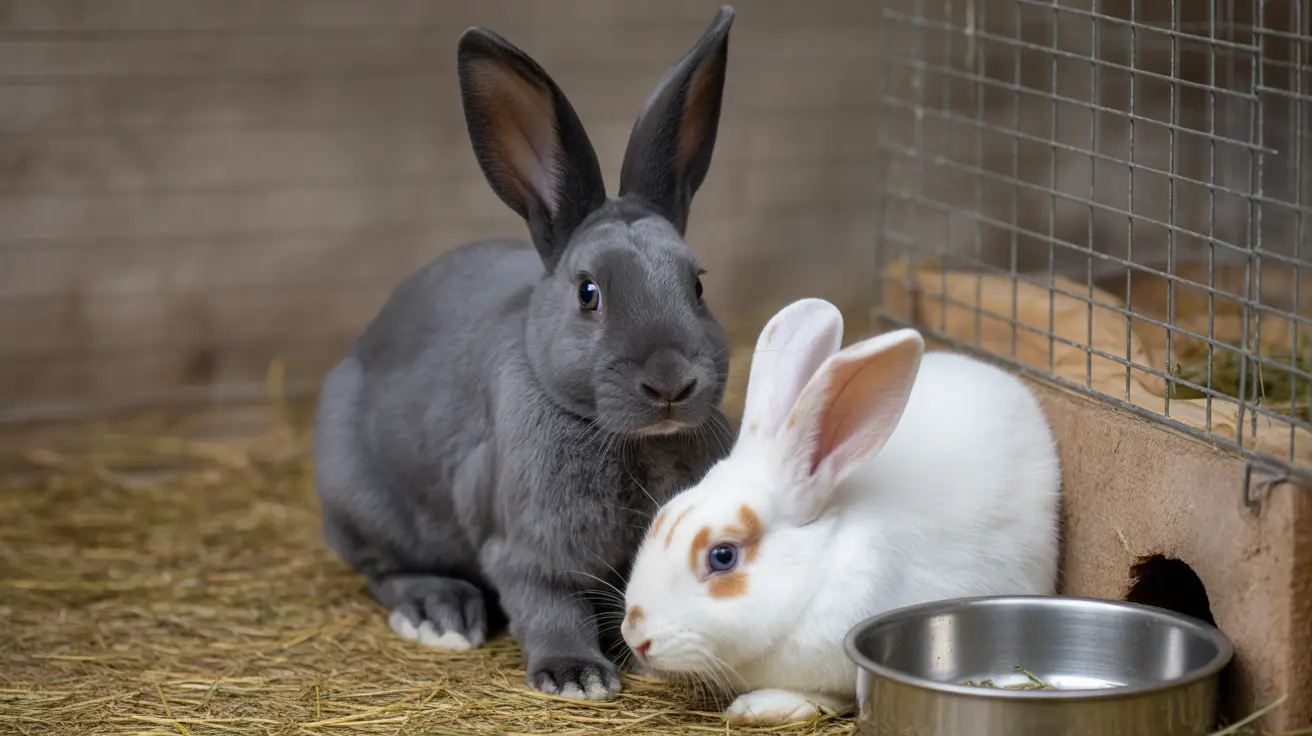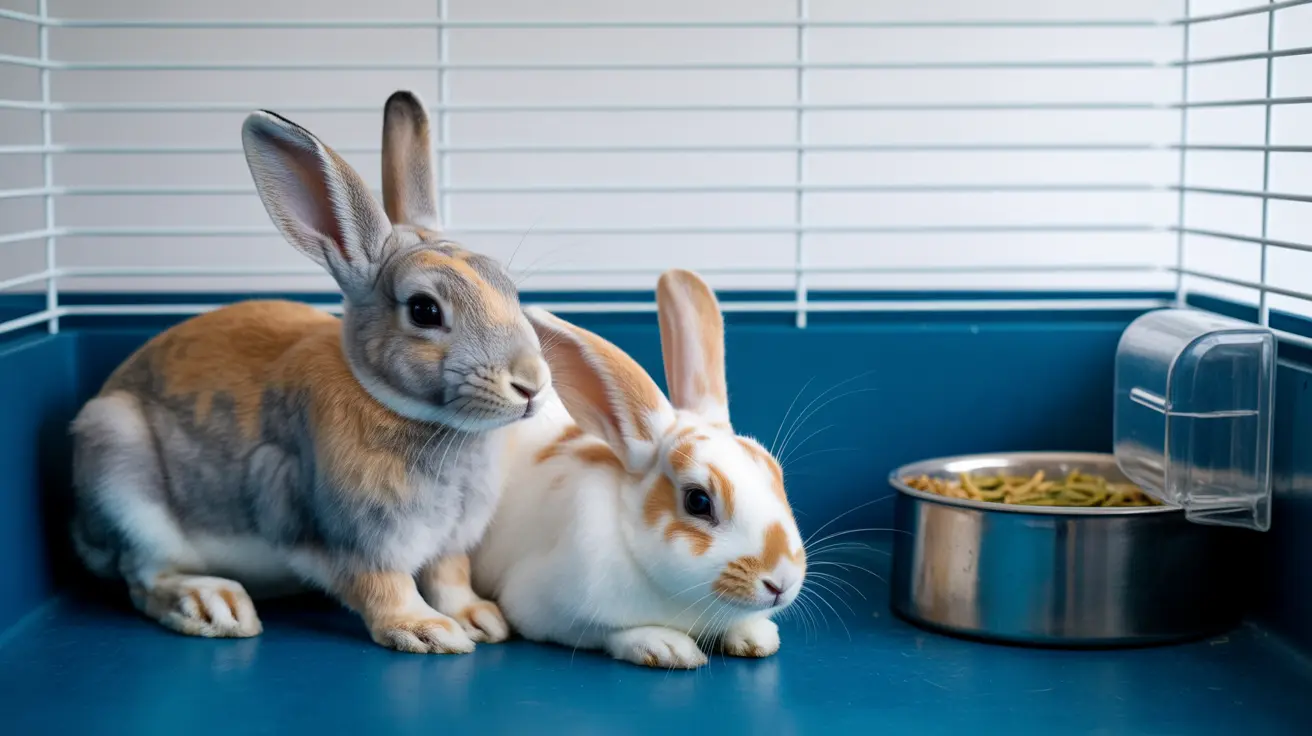How to Prevent Hookworms in Dogs: Practical Steps for Pet Owners
Hookworms are common intestinal parasites that pose serious health risks to dogs, especially puppies. Preventing these blood-sucking worms is crucial for your dog's well-being and your family's safety. Let's break down how you can keep your dog safe from hookworm infections.
Understanding Hookworm Transmission
Adult hookworms live in the small intestine, attaching with sharp mouths and feeding on blood. Female worms lay eggs that exit the body through feces. In the environment—think yards, parks, or kennels—these eggs hatch into larvae within days. The larvae can survive in soil for weeks or even months.
Dogs become infected by:
- Ingesting larvae from contaminated soil, water, or feces
- Skin penetration by infective larvae (often through paws)
- Eating prey, like rodents, carrying infective larvae
- Puppies infected before birth (transplacental) or through mother’s milk (transmammary)
Larvae that enter through the skin migrate via the bloodstream to the lungs, are coughed up and swallowed, then mature in the intestine. Some can even lie dormant in tissues and reactivate later—especially during pregnancy.
The Importance of Early and Ongoing Prevention
Puppies are especially vulnerable to hookworm infection. Severe infestations can lead to life-threatening anemia or death. That’s why prevention isn’t a one-time effort—it’s a regular routine.
Effective Prevention Strategies
- Monthly parasite preventatives: Give your dog veterinarian-recommended monthly medications that protect against hookworms. Many heartworm preventatives also cover hookworms.
- Puppy deworming: Start deworming puppies as early as two weeks old. Repeat every two weeks until at least eight weeks of age, then switch to monthly preventatives.
- Deworm pregnant and nursing females: Treat mothers at regular intervals since dormant larvae can reactivate during pregnancy and infect puppies via placenta or milk.
- Prompt waste removal: Clean up dog feces from yards, parks, and kennels quickly. This stops eggs from hatching into infectious larvae in the environment.
- Avoid scavenging: Don’t let your dog roam freely where it could eat prey or scavenge carcasses that might carry hookworm larvae.
- Routine veterinary care: Schedule regular fecal exams—2 to 4 times in a puppy’s first year; adults should be checked one or two times annually.
The Role of Hygiene and Environment
Your actions at home matter just as much as medication:
- Hand hygiene: Wash hands after handling dogs or cleaning up their waste—hookworm larvae can infect humans too!
- Shoe use outdoors: Wear shoes when walking outside where dogs defecate; this protects you from accidental skin contact with contaminated soil.
- Cover sandboxes: If you have children, cover sandboxes so neighborhood animals can't contaminate them with hookworm eggs.
Deworming Schedules: What Works Best?
Deworming is most effective when done on a schedule tailored to your dog's age and risk factors. Here’s a simple plan:
- Puppies: Deworm every two weeks starting at two weeks old until eight weeks old; then switch to monthly preventatives.
- Nursing mothers: Deworm along with their litters at recommended intervals.
- Adults: Use monthly preventatives year-round; do annual or biannual fecal checks.
Treating Your Environment
You can't always control what happens outdoors, but you can reduce risks by keeping your yard clean and discouraging stray animals from entering. Regularly remove feces from areas where your dog plays. If you're visiting public parks or dog runs, be aware that these environments may be contaminated—stick with leash walks if possible.
The Human Health Connection (Zoonosis)
Hookworm larvae can infect people too! They penetrate human skin (usually feet or hands), causing an itchy rash called cutaneous larva migrans—a winding red track under the skin. While most cases resolve on their own, they’re uncomfortable and best avoided by maintaining good sanitation and treating pets regularly.
The Bottom Line: Consistency Is Key
If you want to keep your dog—and family—safe from hookworms:
- Deworm regularly according to veterinary advice
- CLEAN UP after your pet promptly
- PRACTICE good hygiene at home and outdoors
A combination of medication, environmental management, and routine checkups will help ensure your dog stays healthy—and keeps those pesky parasites at bay!





